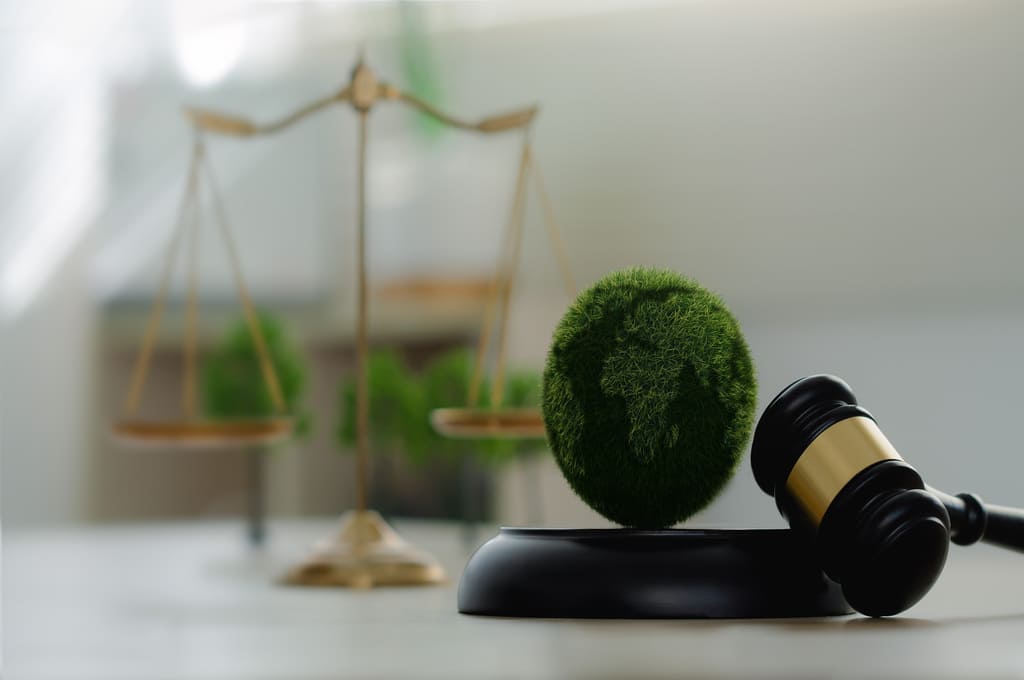Industrial pollution is not only an environmental problem, but also a health issue. The Industrial Emissions Directive (European Parliament Directive 2010/75/EU, hereafter IED) regulates emissions to air, water and soil from more than 50,000 industrial installations across the E.U., making it an essential tool for addressing industrial pollution problems.
In December 2023, EU legislators provisionally agreed on a new right for individuals to claim and obtain compensation when they suffer damage to their health due to violations of the aforementioned Directive (art. 79.a).
Prior to this right, citizens had the right to claim compensation under the non-contractual liability regime of each E.M. Some member states even provided for specific compensation rights for industrial pollution (e.g. Germany and Finland). However, as pointed out by the European Commission: “[…] victims of IED violations have no effective way of obtaining compensation for the damage caused to their health. […] victims should be able to “claim” and “obtain” compensation. Member States should design and implement rules concerning compensation claims in such a way that the exercise of the right does not become impossible or excessively difficult […]”.
Essential elements in the DEI compensation law
Under the new agreement, in order to request a claim under the DEI right of indemnification, three cumulative elements must be proven:
- The existence of damage to health: According to various official studies collected by the E.C., pollution can cause, among others, cancer, ischemic heart disease, obstructive pulmonary disease, cerebrovascular accidents, and mental and neurological diseases.
- Violation of the regulations by third parties: All obligations under the IED that fall on “natural or legal persons”, such as industrial plants, or member states, can be considered a priori. Infringements that are contemplated could be the exceeding of emission limit values for pollutants or the operation of a plant without a permit. Member states could also be liable in the case of no inspections or insufficient inspections.
- Member states could also be liable in the case of no inspections or insufficient inspections.
- Causal link between the damage and the violation: This will be the essential evidentiary element. Courts may consider medical evidence, epidemiological studies and/or statistical evidence associating the health of a person or group with these contaminants.
Analysis of the new agreement reached and application of environmental compensation law
EU co-legislators have sought to ensure that member states and their national courts ensure that victims who suffer damage as a result of illegal industrial pollution, do not have to bear any monetary costs.
One way of implementing this would be for the Member States to introduce modifications in relation to the causal link. A good example would be the German environmental liability law, where causation is presumed when it is probable that an installation has caused damage (concentration of substances emitted, installations involved, etc.). Another similar way would be to reverse the burden of proof, where the defendant would have to prove that its violation in terms of emissions did not cause or contribute to the plaintiff’s damage.
The European Court of Human Rights(ECtHR) in industrial pollution cases, has already admitted presumptions to establish this causal link: for example, in the case of an individual who was exposed to air pollution by residing near a steel plant (see Pavlov v. Russia).
Reduction of pollution levels and compensation
It is important to qualify that the right to compensation does not represent a threat to industry. Lawful activities, although polluting, may not be subject to compensation claims. It serves, therefore, as an additional incentive to comply with the obligations and European regulations in force on the matter.
At Navas & Cusí, experts in environmental and E.U. law, we are able to advise you on environmental compensation law, which has the potential to increase compliance, reduce pollution and ensure that people obtain redress.



